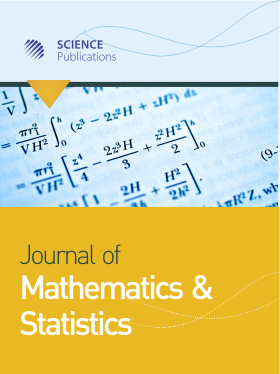A Comparative Study of RSA Based Digital Signature Algorithms
Abstract
A digital signature is a mechanism designed to allow secure communication through an insecure medium and can be traced in many applications where privacy is required. A digital signature is an electronic signature that can be used to authenticate the identity of the sender of a message or the signer of a document and possibly to ensure that the original content of the message or document that has been sent is unchanged. The main purpose of this study was to extend important and useful digital signature schemes from the domain of natural integers Z to two principal ideal domains; namely, the domain of Gaussian integers Z[i] and the domain of the ring of polynomials over finite fields F[x] by extending arithmetic needed for our extensions to these domains. We implement the classical and modified RSA cryptosystem to compare and to test their functionality, reliability and security. To test the security of the algorithms we implement attack algorithms to solve the factorization problem in Z, Z[i] and F[x]. After factorization is found, the RSA problem could be solved by finding the private key using the extended Euclidean algorithm.
DOI: https://doi.org/10.3844/jmssp.2006.354.359

- 5,847 Views
- 3,788 Downloads
- 8 Citations
Download
Keywords
- Digital signatures
- cryptosystem algorithms
- testing and evaluation
